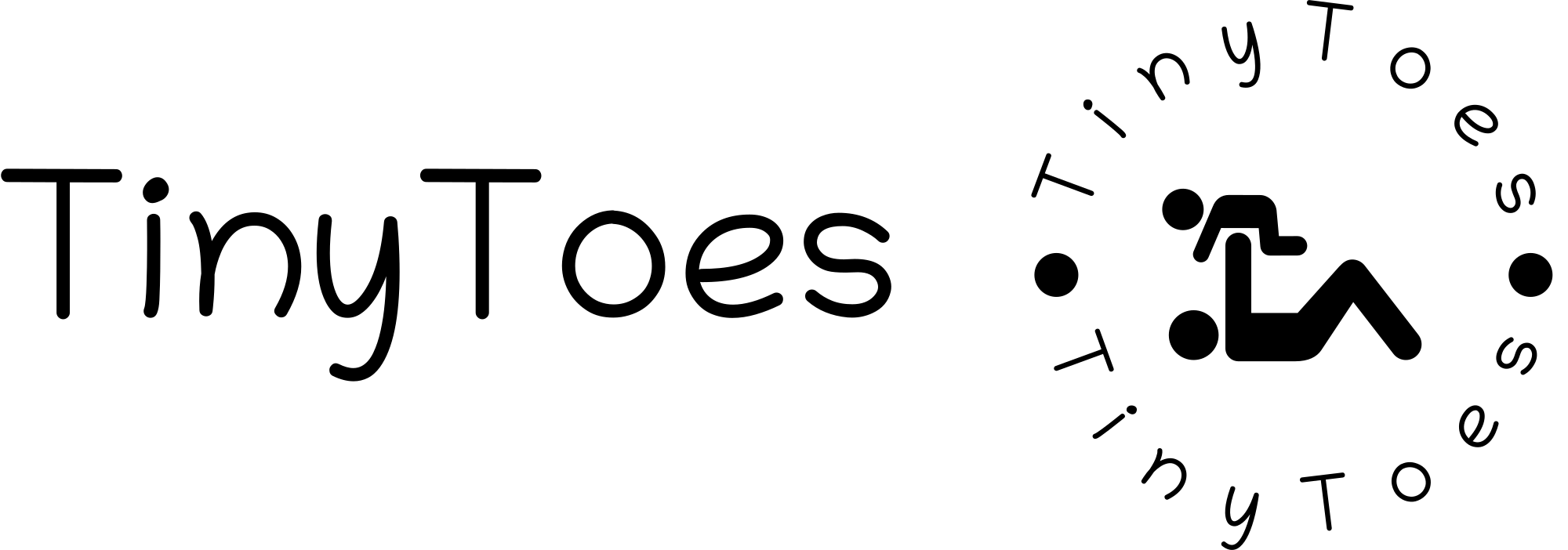Raising a Child in Their First Year: A Journey of Milestones and Memories

The first year of a child’s life is a period of rapid growth, learning, and adaptation for both the baby and the parents. It’s a time filled with sleepless nights, joyous firsts, and countless moments of wonder. This blog will guide you through what to expect during your baby’s first year and provide tips to help you navigate this exciting journey.
1. The Newborn Phase (0-3 Months)
Developmental Milestones:
- Physical Growth: Newborns grow quickly, gaining weight and length each week. Expect frequent pediatrician visits to monitor their progress.
- Sensory Development: Babies begin to focus on faces, track moving objects with their eyes, and respond to sounds.
- Motor Skills: Reflexes like grasping and rooting are prominent. Tummy time helps strengthen neck and shoulder muscles.
Parenting Tips:
- Feeding: Newborns typically feed every 2-3 hours. Whether breastfeeding or formula feeding, ensure your baby is getting enough to eat.
- Sleep: Newborns sleep a lot, often 16-18 hours a day, but in short bursts. Establishing a sleep routine early can help.
- Bonding: Skin-to-skin contact, talking, and singing to your baby foster a strong emotional connection.
2. The Infant Stage (4-6 Months)
Developmental Milestones:
- Physical Growth: Your baby’s growth rate will continue to be rapid, and they may begin to show signs of teething.
- Social and Emotional Development: Babies start to smile socially, laugh, and express more emotions.
- Motor Skills: Babies begin to roll over, sit with support, and grasp objects more deliberately.
Parenting Tips:
- Introducing Solids: Around six months, you can start introducing solid foods. Begin with simple, single-ingredient purees and gradually introduce new flavors and textures.
- Safety: Baby-proof your home as your baby becomes more mobile. Ensure that sharp objects, small items, and choking hazards are out of reach.
- Playtime: Engage in interactive play. Use toys that promote sensory development and motor skills.
3. The Early Mobile Stage (7-9 Months)
Developmental Milestones:
- Physical Growth: Babies continue to grow and develop at a steady pace.
- Social and Emotional Development: Separation anxiety may begin, and your baby will start recognizing familiar faces and objects.
- Motor Skills: Many babies start crawling, sitting without support, and pulling themselves up to stand.
Parenting Tips:
- Communication: Encourage language development by talking to your baby, reading books, and singing songs. Babies at this stage often begin to babble and imitate sounds.
- Exploration: Create a safe environment for your baby to explore. Allow them to crawl and move around to build strength and confidence.
- Routine: Establish consistent routines for feeding, naps, and bedtime to provide a sense of security and predictability.
4. The Emerging Toddler (10-12 Months)
Developmental Milestones:
- Physical Growth: Your baby will likely triple their birth weight by their first birthday.
- Social and Emotional Development: Babies begin to show more independence and may exhibit preferences for certain people or toys.
- Motor Skills: Many babies take their first steps, clap hands, and play simple games like peek-a-boo.
Parenting Tips:
- Nutrition: Continue offering a variety of solid foods and encourage self-feeding. Introduce a sippy cup and start weaning off the bottle.
- Encouraging Walking: Support your baby as they learn to walk. Use push toys and offer plenty of opportunities for practice.
- Celebration: Celebrate milestones and create memories. Take lots of photos and keep a journal of your baby’s firsts.
Key Takeaways
- Patience and Adaptability: Each baby develops at their own pace. Be patient and flexible as you adapt to your baby’s changing needs.
- Health and Safety: Regular pediatric check-ups, vaccinations, and a safe environment are crucial for your baby’s well-being.
- Emotional Support: Lean on your support network of family, friends, and parenting groups. It’s important to take care of your mental health as well.
Conclusion
The first year of your baby’s life is a whirlwind of growth, change, and precious moments. By understanding the developmental stages and embracing the journey with patience and love, you can provide the best foundation for your child’s future. Remember, it’s not just about the milestones but also about the bond you build and the memories you create along the way. Enjoy every moment of this incredible year!
